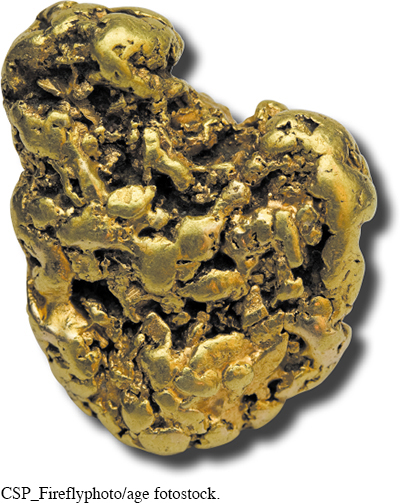The American Promise: Printed Page 253
The American Promise, Value Edition: Printed Page 289
The American Promise: A Concise History: Printed Page 328
Introduction to Chapter 12
The American Promise: Printed Page 253
The American Promise, Value Edition: Printed Page 289
The American Promise: A Concise History: Printed Page 328
Page 31512
The New West and the Free North
1840–

CONTENT LEARNING OBJECTIVES
After reading and studying this chapter, you should be able to:
Identify the fundamental changes that transformed the American economy from 1840 to 1860.
Compare and contrast the promises and realities of free labor, including how free-
labor proponents explained economic inequality in America. Explain how the American nation expanded its boundaries, and define the concept of “manifest destiny.”
Describe the issues that surrounded the debate on the annexation of Texas and Oregon, how the United States provoked war with Mexico, and the consequences of the war.
Describe the “evangelical temperament,” and the reforms evangelical Protestants proposed, and explain how the woman's rights movement evolved from other reform movements.
EARLY IN NOVEMBER 1842, ABRAHAM LINCOLN AND HIS NEW WIFE, Mary, moved into their first home in Springfield, Illinois, a small rented room on the second floor of the Globe Tavern, the nicest place Abraham had ever lived in and the worst place that Mary had ever inhabited. She grew up in Lexington, Kentucky, attended by slaves in the elegant home of her father, a prosperous merchant and banker. In March 1861, the Lincolns moved into the presidential mansion in Washington, D.C.
Abraham Lincoln climbed from the Globe Tavern to the White House by work, ambition, and immense talent—
Born in a Kentucky log cabin in 1809, Lincoln grew up on small, struggling farms as his family migrated west. His father, Thomas Lincoln, who had been born in Virginia, never learned to read and, as his son recalled, “never did more in the way of writing than to bunglingly sign his own name.” Lincoln’s mother, Nancy, could neither read nor write. In 1816, Thomas Lincoln moved his young family from Kentucky to the Indiana wilderness where Abraham learned the arts of agriculture, but “there was absolutely nothing to excite ambition for education,” Lincoln recollected. In contrast, Mary Todd received ten years of schooling in Lexington’s best private academies for young women.
The American Promise: Printed Page 253
The American Promise, Value Edition: Printed Page 289
The American Promise: A Concise History: Printed Page 328
Page 316In 1830, Thomas Lincoln decided to move farther west and headed to central Illinois. The next spring, when Thomas moved yet again, Abraham set out on his own, a “friendless, uneducated, penniless boy,” as he described himself.
By dogged striving, Abraham Lincoln gained an education and the respect of his Illinois neighbors, although a steady income eluded him for years. The newlyweds received help from Mary’s father, including eighty acres of land and a yearly allowance of about $1,100 for six years that helped them move out of their room above the Globe Tavern and into their own home. Abraham eventually built a thriving law practice in Springfield, Illinois, and served in the state legislature and in Congress. Mary helped him in many ways, rearing their sons, tending their household, and integrating him into her wealthy and influential extended family in Illinois and Kentucky. Mary also shared Abraham’s keen interest in politics and ambition for power. With Mary’s support, Abraham became the first president born west of the Appalachian Mountains.
Like Lincoln, millions of Americans believed they could make something of themselves, whatever their origins, so long as they were willing to work. Individuals who were lazy, undisciplined, or foolish had only themselves to blame if they failed, advocates of free-
CHRONOLOGY
| 1830 |
|
| 1836 |
|
| 1837 |
|
| 1840s |
|
| 1841 |
|
| 1844 |
|
| 1845 |
|
| 1846 |
|
| 1847 |
|
| 1848 |
|
| 1849 |
|
| 1850 |
|
| 1851 |
|
| 1855 |
|
| 1857 |
|
| 1861 |
|